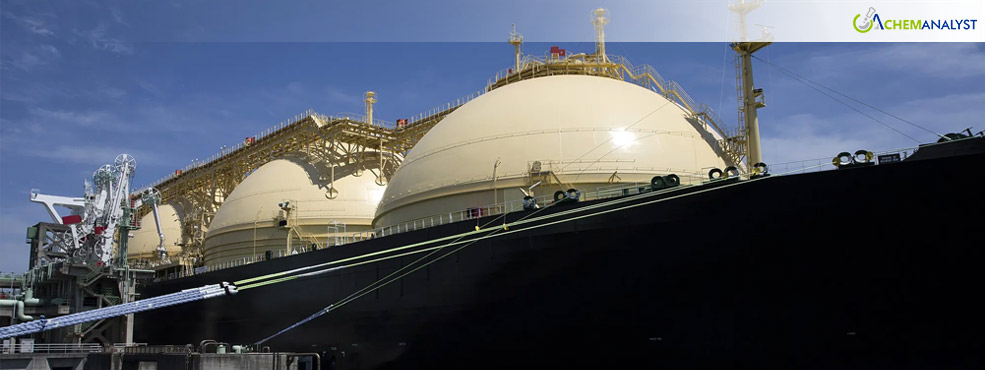Welcome To ChemAnalyst

Major buyers of liquefied natural gas (LNG) have raised concerns over sourcing cargoes from the United States following the Biden administration's decision to pause export permits for the superchilled fuel to countries without Free Trade Agreements (FTAs). The move has sparked apprehension among key industry players, particularly in Asia, where energy security and supply reliability are paramount.
At the APPEC conference, officials from Taiwan’s CPC Corp and Germany-based SEFE, a company involved in trading LNG and supplying it to Asia, emphasized the importance of dependable LNG suppliers. Jane Liao, vice president of CPC, expressed her preference for traditional LNG suppliers over U.S. suppliers, citing the reliability and long-term relationships that have been built with these suppliers. "I trust traditional LNG suppliers more than U.S. LNG players," Liao said, highlighting how long-standing partnerships can help mitigate supply challenges. She noted that when contract difficulties arise, traditional suppliers are more likely to negotiate and find solutions. This cooperative approach is crucial for maintaining stable supply chains in the region.
Liao's remarks reflect a broader sentiment among Asian LNG buyers, who prioritize stability and flexibility in their supply arrangements. Many Asian nations have long-standing relationships with established suppliers, and these connections provide a level of assurance that is difficult to replicate with newer, more unpredictable suppliers. With the U.S. export pause adding uncertainty, many buyers are looking to diversify their supply sources to ensure energy security.
Fabian Kor, executive vice president for Asia at SEFE, echoed these concerns, stating that energy security is the top priority for the company this year. Kor suggested that SEFE may even overcommit to contracts slightly to ensure sufficient LNG availability in case of any disruptions. He emphasized that SEFE would not rely solely on U.S. LNG due to concerns over its reliability, even if it might be cheaper. Instead, the company seeks to diversify its LNG sources geographically to mitigate risk. "We prefer something that is more firm," Kor said, indicating the company's cautious approach toward U.S. LNG amid the current uncertainties.
The apprehension surrounding U.S. LNG supplies comes at a time when the global energy landscape is highly volatile, with geopolitical tensions and policy changes influencing supply chains. The U.S. export pause, in particular, has raised questions about the stability of future LNG shipments, prompting buyers to reconsider their sourcing strategies.
Regarding the role of Russian LNG in the global market, Liao commented that purchases by China and India would help maintain market balance. She noted that as long as Chinese and Indian companies continue to buy Russian LNG, it reduces competition for other buyers in the rest of the market. This dynamic could provide some relief for buyers who are concerned about tight supply conditions, ensuring that the overall market remains relatively stable despite potential disruptions.
We use cookies to deliver the best possible experience on our website. To learn more, visit our Privacy Policy. By continuing to use this site or by closing this box, you consent to our use of cookies. More info.
